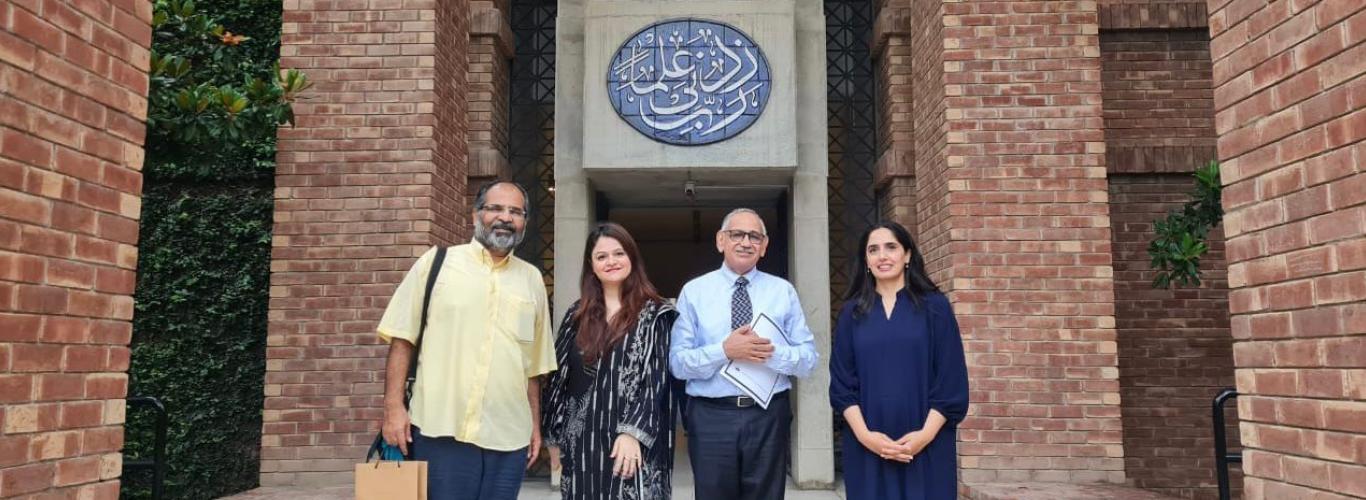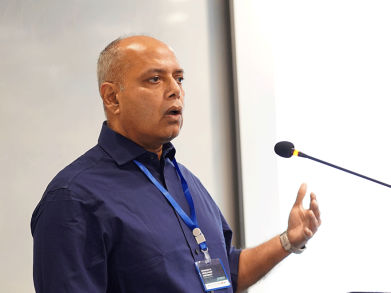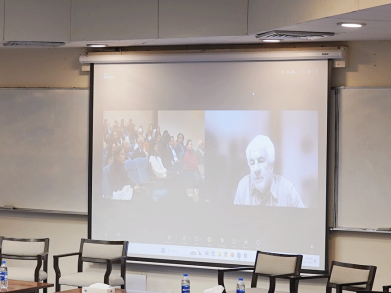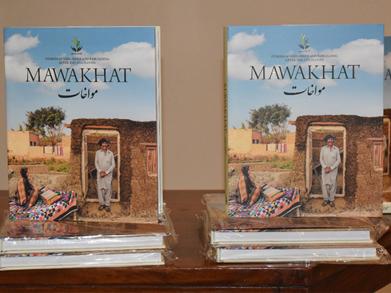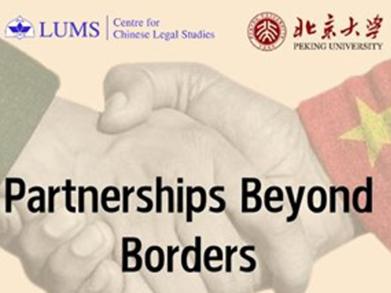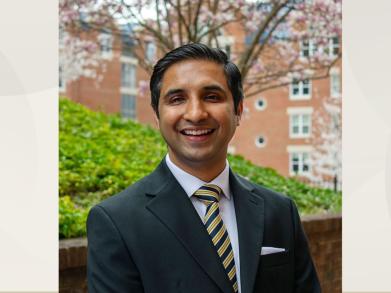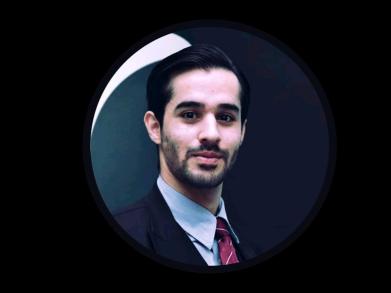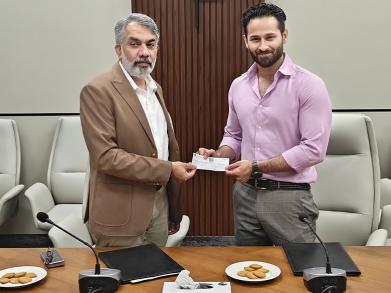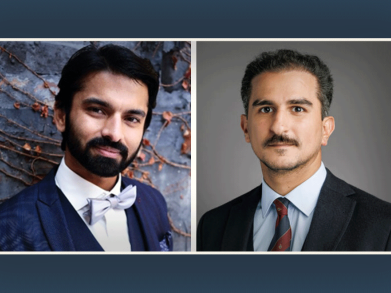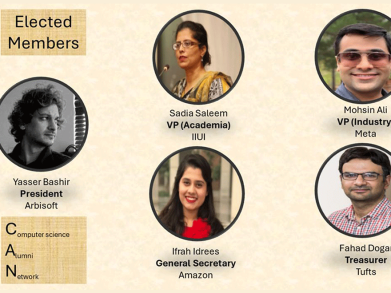In Conversation with the Vice President of the University of Science and Technology, Sudan
How has your trip been so far?
I was in Bergen and was introduced to LUMS through a friend, Professor Tehmina. We thought that relations between Sudan and Pakistan should be enhanced and each of us should play a part in doing so.
When I arrived at LUMS, it felt like home. This is a great institution; it is well-built, well-organised, green and well-kept. I also like Pakistani food. I used to have it in Bergen, as my wife knows how to cook it. So, I'm feeling very much at home, and I like it here.
What are some of the similarities between Sudan and Pakistan?
Basically, the culture is very similar. People are not fanatics; they are conservative. It's very peaceful here and we Sudanese are also described as peaceful. Although in the media you don't see that much; you see the conflicts and fanatic things when they happen. I think that's one of the similarities between the two countries. We should try our best to enhance and promote our relations, in academia and culturally.
What do you feel are the challenges both institutions face?
As far as institutional challenges are concerned, I think there are some. Qualified faculty, present at both institutions is one. Retaining them is a challenge as there is tough competition, especially from other countries. In Sudan, we have managed to retain the best in the country. But when they are offered positions out of the country, especially in the Gulf area, we cannot compete. We are in a way, facing a shortage of excellent faculty and I have discovered a similar issue here at LUMS.
Another similar challenge is that authorities keep changing regulations. Every year there are new regulations, and we must adapt to them. Next year they will come up with other totally different or major variations and that will be a challenge.
What areas of collaboration with LUMS are you most excited about?
The first thing that we have thought of is to start joint research projects and especially comparative studies because both countries have many similarities. There are local variations that would be interesting to observe. We will also have an exchange of faculty and students, and capacity building by sending some of our junior staff for professional degrees at LUMS.
We are also excited about using the research facilities, especially in the Physics Department, and the Department of Life Sciences. We look forward to collaborating with the LUMS Learning Institute and the Rausing Executive Development Centre.
How important is it for the youth of our countries to connect? What impact do you think will happen when they come together through exchange programmes and collaboration?
I think the first value is that they will see the real communities in Pakistan and Sudan. Our image right now has been portrayed by the media. And the media doesn't always present accurate things. I experienced Pakistan when I visited LUMS. Nobody in Sudan knows that the country has high-quality institutions like LUMS. Young people experiencing both countries with different communities will take a positive message back home. Such exchanges are not only meant for academia but it’s also meant for the exchange of cultures. So, I'm very much positive and I hope we will manage to implement the collaborations we have discussed.

